In today’s globalized economy, importing goods from China to Kuwait presents both opportunities and challenges for businesses. Understanding the various shipping options available—particularly air freight and sea freight—is crucial for making informed decisions that align with your operational needs and budget. Each method offers unique benefits and drawbacks, influencing transit times, costs, and overall logistics management. This comprehensive guide delves into the essential aspects of shipping, including cost breakdowns, factors affecting transit times, and tips for selecting the right shipping provider. Equip yourself with the knowledge needed to navigate the complexities of international shipping effectively and ensure the smooth delivery of your goods.
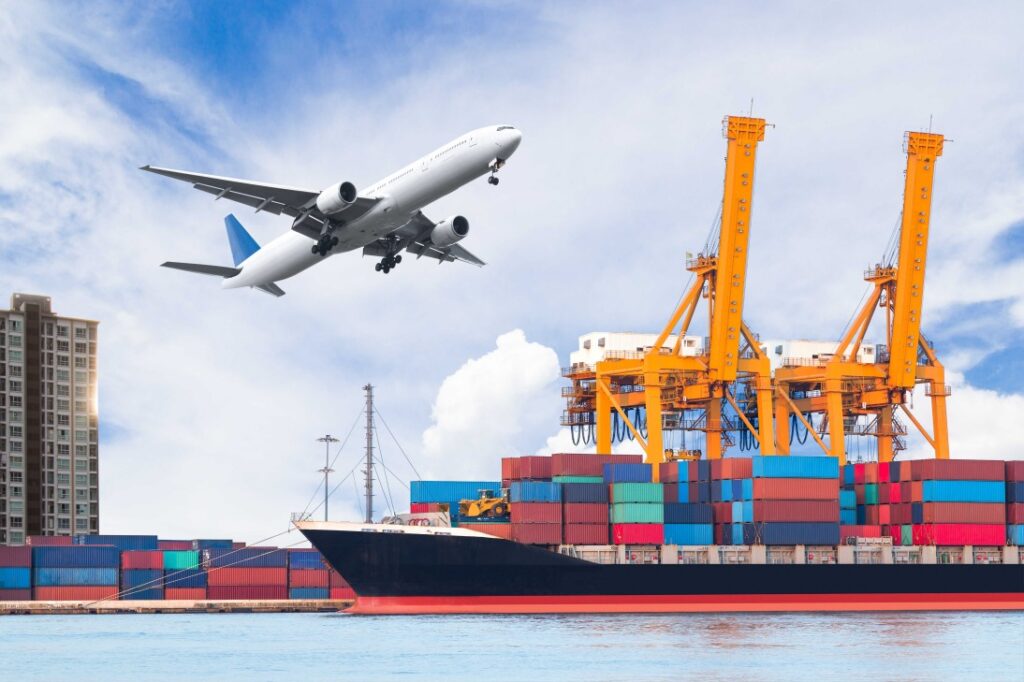
Understanding Shipping Options from China to Kuwait
When considering shipping from China to Kuwait, the two predominant methods are air freight and sea freight. Each has its own set of advantages and disadvantages.
Air Freight
Air freight is known for its speed and efficiency, making it an ideal option for time-sensitive shipments. Typically, air freight can deliver goods from China to Kuwait in as little as 3-7 days, depending on flight availability and customs clearance. However, this speed comes at a premium cost.
- Advantages:
- Faster transit times.
- Lower risk of damage (as items are handled less).
- Enhanced tracking capabilities.
- Disadvantages:
- Higher shipping costs compared to sea freight.
- Limited capacity for bulky or heavy items.
Sea Freight
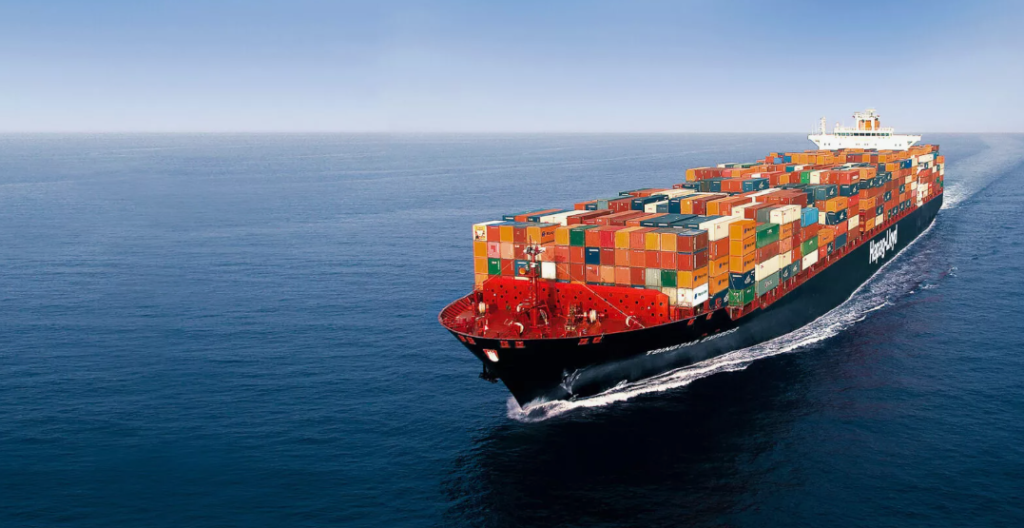
Sea freight involves shipping goods via cargo ships and is generally a more economical choice for larger shipments. Despite longer transit times—often ranging from 20 to 40 days—sea freight remains the preferred method for many businesses aiming to minimize costs.
- Advantages:
- Lower shipping rates, especially for large volumes.
- Ability to ship oversized or heavy items without incurring significant costs.
- Disadvantages:
- Longer transit times.
- Higher risk of delays due to weather or port congestion.
Ultimately, the choice between air and sea freight hinges on the specific needs of the shipment, including urgency, budget, and volume.
Shipping From China to Middle East Countries:
- Shipping from China to Saudi Arabia
- Shipping from China to UAE
- Shipping from china to KUWAIT
- Shipping From China To EGYPT
- Shipping from China to Bahrain
- Shipping From China To Jordan
- Shipping From China To Israel
- Shipping from China to Qatar
- Shipping From China To IRAQ
- Shipping from China to Iran
Key Factors Influencing Shipping Costs
Understanding the factors that influence shipping costs is crucial for importers. Several elements can affect the final price, including:
- Distance: The greater the distance between ports, the higher the shipping costs.
- Weight and Volume: Shipping costs often depend on both the weight and dimensional volume of the shipment. This is assessed through concepts like dimensional weight.
- Seasonality: Shipping costs can fluctuate based on peak seasons, such as holidays or major sales events.
- Customs Fees: Duties and taxes imposed by Kuwaiti customs can add to the overall shipping expenses.
- Insurance Services: Protecting your shipment with insurance services may incur additional fees but is often worth the investment to safeguard your cargo.
Shipping Costs: A Detailed Breakdown
To make an informed decision regarding shipping, it’s necessary to break down the costs associated with both air and sea freight.
Average Shipping Costs for Air Freight
The average cost of air freight from China to Kuwait typically ranges between $5.00 and $8.00 per kilogram. Factors such as fuel surcharges and seasonal demand can heavily influence these rates.
| Weight (kg) | Estimated Cost (USD) |
|---|---|
| 1 | $5 – $8 |
| 100 | $500 – $800 |
| 500 | $2,500 – $4,000 |
| 1,000 | $5,000 – $8,000 |
Average Shipping Costs for Sea Freight
For sea freight, costs are typically calculated based on container sizes. A standard 20-foot container from China to Kuwait can range from $1,200 to $2,500, while a 40-foot container may cost between $2,500 and $4,000.
| Container Size | Estimated Cost (USD) |
|---|---|
| 20-foot | $1,200 – $2,500 |
| 40-foot | $2,500 – $4,000 |
Hidden Fees and Additional Charges
When budgeting for shipping, it’s essential to account for hidden fees and additional charges that may arise, including:
- Terminal Handling Charges (THC): Fees for the loading and unloading of cargo at the port.
- Documentation Fees: Charges for the necessary shipping documents required for customs clearance.
- Customs Brokerage Fees: Costs associated with hiring a customs broker to facilitate clearance.
- Storage Fees: Charges for storing goods at the port if they aren’t picked up in time.
By understanding these factors, importers can better navigate the complexities of international shipping and avoid unexpected costs.
For those seeking a reliable and cost-effective solution for shipping from China to Kuwait, Dantful International Logistics offers a range of services, including customs clearance, warehouse services, and door-to-door shipping. Leveraging their expertise ensures a seamless shipping experience tailored to your specific needs. For a comprehensive shipping solution, consider partnering with Dantful—a highly professional, cost-effective, and high-quality one-stop international logistics provider for global traders.
You may be interested in the following related articles:
- Container Shipping Costs from China to Savannah: What You Need to Know
- The Ultimate Guide to Container Shipping Costs from China to Colombia in 2024
- Everything You Need to Know About Door to Door Shipping from China to Ghana
- Tips to Find the Cheapest Shipping Company from China to Mexico
- Tips to Find the Cheapest Shipping Company from China to Sweden
- Step-by-Step Process of Door to Door Shipping from China to Uganda
Transit Times: What to Expect
When shipping goods from China to Kuwait, understanding transit times is crucial for effective planning and inventory management. Different shipping methods offer varying transit times, and several factors can influence how quickly your goods arrive.
Average Transit Times for Air Freight
Air freight is celebrated for its rapid delivery capabilities. Typically, shipments from China to Kuwait can expect transit times of 3 to 7 days. This timeframe includes the duration of the flight as well as customs clearance procedures upon arrival.
| Shipping Method | Average Transit Time |
|---|---|
| Air Freight | 3 – 7 days |
Air freight is particularly advantageous for businesses needing to minimize stockouts or respond quickly to market demand.
Average Transit Times for Sea Freight
In contrast, sea freight is slower but generally more cost-effective for larger volumes of goods. The average transit time for shipments by sea from China to Kuwait typically ranges from 20 to 40 days. This range accounts for the time spent at sea as well as the clearance process at both the port of departure and the destination port.
| Shipping Method | Average Transit Time |
|---|---|
| Sea Freight | 20 – 40 days |
Given the longer transit times associated with sea freight, businesses often need to plan their inventory levels more strategically.
Factors Affecting Shipping Speed
Several factors can impact the speed of shipping from China to Kuwait, including:
- Port Congestion: Busy ports can lead to delays in loading and unloading ships, affecting transit times.
- Weather Conditions: Adverse weather can disrupt shipping schedules, especially for sea freight.
- Customs Clearance: Delays in customs processing can significantly affect overall transit times. Proper documentation and compliance with regulations can expedite the process.
- Shipping Line Efficiency: Different shipping companies may have varying efficiencies in their operations, impacting transit times.
Understanding these factors can help importers anticipate potential delays and plan accordingly.
How to Choose the Right Shipping Company
Selecting the appropriate shipping company is a vital decision that can impact both transit times and costs. A well-informed choice can streamline the shipping process and enhance overall efficiency.
Comparing Shipping Companies: Key Metrics to Evaluate
When evaluating shipping companies, consider the following key metrics:
- Transit Times: Compare the average transit times offered by different companies.
- Cost Structure: Analyze the pricing models, including hidden fees and additional charges.
- Service Variety: Look for companies that provide a range of shipping options, such as air freight, ocean freight, and door-to-door shipping services.
- Insurance Options: Check whether the company offers insurance services to protect your cargo during transit.
The Role of Freight Forwarders in Cost Reduction
Freight forwarders play an essential role in international shipping by acting as intermediaries between shippers and carriers. They can help reduce costs in several ways:
- Negotiating Rates: Freight forwarders often have established relationships with carriers and can negotiate better shipping rates on behalf of their clients.
- Consolidation Services: They can consolidate shipments, which can lower costs by maximizing available space on cargo vessels or aircraft.
- Expertise in Customs: Freight forwarders are well-versed in customs regulations, helping to ensure compliance and avoid costly delays.
Customer Reviews and Reputation: What to Look For
When selecting a shipping company, the reputation and customer feedback play a critical role. Look for:
- Positive Reviews: Search for reviews on independent platforms to gauge customer satisfaction and reliability.
- Industry Reputation: Assess the company’s standing within the logistics industry and among competitors.
- Response to Issues: Check how the company handles complaints or issues that arise during shipping. A proactive approach to customer service can indicate reliability.
Dantful International Logistics Services:
- Dantful Ocean Freight Services
- Air Freight From China
- Amazon FBA Freight Forwarding
- WAREHOUSE Services
- One-Stop Customs Clearance Solution
- Cargo Insurance Services in China
- DDP Shipping Services By Dantful Logistics
- Out of Gauge Cargo Transportation Shipping Services
Customs Regulations and Import Duties
Navigating the customs landscape is vital for successful import operations. Understanding customs regulations and associated costs can help avoid delays and unexpected expenses.
Understanding Customs Procedures in Kuwait
Kuwait has specific customs procedures that must be followed when importing goods. Key steps include:
- Documentation: Ensure that all necessary documentation is prepared, including invoices, shipping labels, and any certificates of origin.
- Customs Declaration: Properly declare all goods being imported, detailing their nature and value to facilitate smooth processing.
Working with a knowledgeable freight forwarder can greatly simplify this process.
Common Import Duties and Taxes
Import duties and taxes can significantly impact the overall cost of importing goods. These may include:
- Customs Duty: A tax levied on imported goods, varying based on product category.
- Value Added Tax (VAT): Kuwait imposes VAT on goods, which is typically calculated based on the shipment’s total value, including customs duties.
Familiarizing yourself with these charges helps in budgeting and pricing strategies.
Tips for Reducing Customs Charges
To minimize customs charges and avoid surprises, consider the following strategies:
- Proper Classification: Ensure that goods are classified correctly to take advantage of lower duty rates where applicable.
- Utilize Free Trade Agreements: Investigate any applicable free trade agreements that may reduce or eliminate duties.
- Plan Shipments Strategically: Consolidating shipments can lead to cost savings by reducing the number of customs declarations needed.
Tips for Reducing Shipping Costs
Effective strategies for reducing shipping costs can lead to significant savings for businesses engaging in international trade.
Strategies for Cost-Effective Shipping
- Compare Quotes: Obtain quotes from multiple shipping companies to find the best rates.
- Optimize Packaging: Properly sizing and optimizing packaging can reduce shipping weight and costs.
- Choose Economical Shipping Methods: Assess whether slower shipping options may be more cost-effective for non-urgent shipments.
Using Freight Forwarders and Logistics Services
Engaging a freight forwarder or logistics service provider, such as Dantful International Logistics, can streamline the shipping process. With expertise in customs clearance, warehouse services, and insurance services, these providers can help reduce shipping costs while ensuring a smooth transit. By leveraging their network and resources, businesses can benefit from cost-effective logistics solutions tailored to their unique shipping needs.
Ultimately, a well-planned approach to shipping from China to Kuwait can lead to improved efficiency, reduced costs, and reliable delivery of goods.
FAQs
1. What are the main shipping methods from China to Kuwait?
The two primary shipping methods are air freight and sea freight. Air freight is faster but more expensive, while sea freight is more economical for larger shipments but takes longer.
2. How long does it take to ship goods from China to Kuwait?
- Air Freight: Typically takes 3 to 7 days.
- Sea Freight: Usually ranges from 20 to 40 days, depending on various factors such as port congestion and customs clearance.
3. What factors influence shipping costs?
Shipping costs can be affected by:
- Distance between ports.
- Weight and volume of the shipment.
- Seasonal demand.
- Customs fees and taxes.
- Additional services like insurance.
4. How can I estimate shipping costs?
Air freight costs typically range from $5.00 to $8.00 per kilogram, while sea freight costs for a 20-foot container can range from $1,200 to $2,500, and a 40-foot container can cost between $2,500 and $4,000.
5. What hidden fees should I be aware of?
Potential hidden fees include:
- Terminal Handling Charges (THC).
- Documentation fees.
- Customs brokerage fees.
- Storage fees for delayed pickups.
6. How can I reduce shipping costs?
To minimize shipping expenses:
- Compare quotes from multiple shipping companies.
- Optimize packaging to reduce weight.
- Consider using slower, more economical shipping methods for non-urgent shipments.
- Work with a freight forwarder to leverage their expertise for cost-effective solutions.
7. What customs regulations should I know when importing to Kuwait?
Importers must ensure proper documentation, declare all goods accurately, and understand the applicable customs duties and Value Added Tax (VAT) relevant to their shipments.
8. How can a freight forwarder assist in the shipping process?
Freight forwarders can negotiate better rates, consolidate shipments, provide expertise in customs regulations, and facilitate smoother logistics operations.
9. How do I choose the right shipping company?
Consider factors such as transit times, cost structure, service variety, insurance options, and customer feedback when evaluating shipping companies.

Young Chiu is a seasoned logistics expert with over 15 years of experience in international freight forwarding and supply chain management. As CEO of Dantful International Logistics, Young is dedicated to providing valuable insights and practical advice to businesses navigating the complexities of global shipping.
The other language versions of this article
- أرخص شركة شحن من الصين إلى الكويت: ما تحتاج إلى معرفته – دانتفول
- Goedkoopste rederij van China naar Koeweit: wat u moet weten
- Compagnie maritime la moins chère de Chine vers le Koweït : ce que vous devez savoir
- Günstigstes Versandunternehmen von China nach Kuwait: Was Sie wissen müssen
- Compagnia di spedizione più economica dalla Cina al Kuwait: cosa devi sapere
- La empresa de envío más barata de China a Kuwait: lo que necesita saber
- A empresa de transporte mais barata da China para o Kuwait: o que você precisa saber
- Самая дешевая судоходная компания из Китая в Кувейт: что вам нужно знать
- Çin’den Kuveyt’e En Ucuz Nakliye Şirketi: Bilmeniz Gerekenler











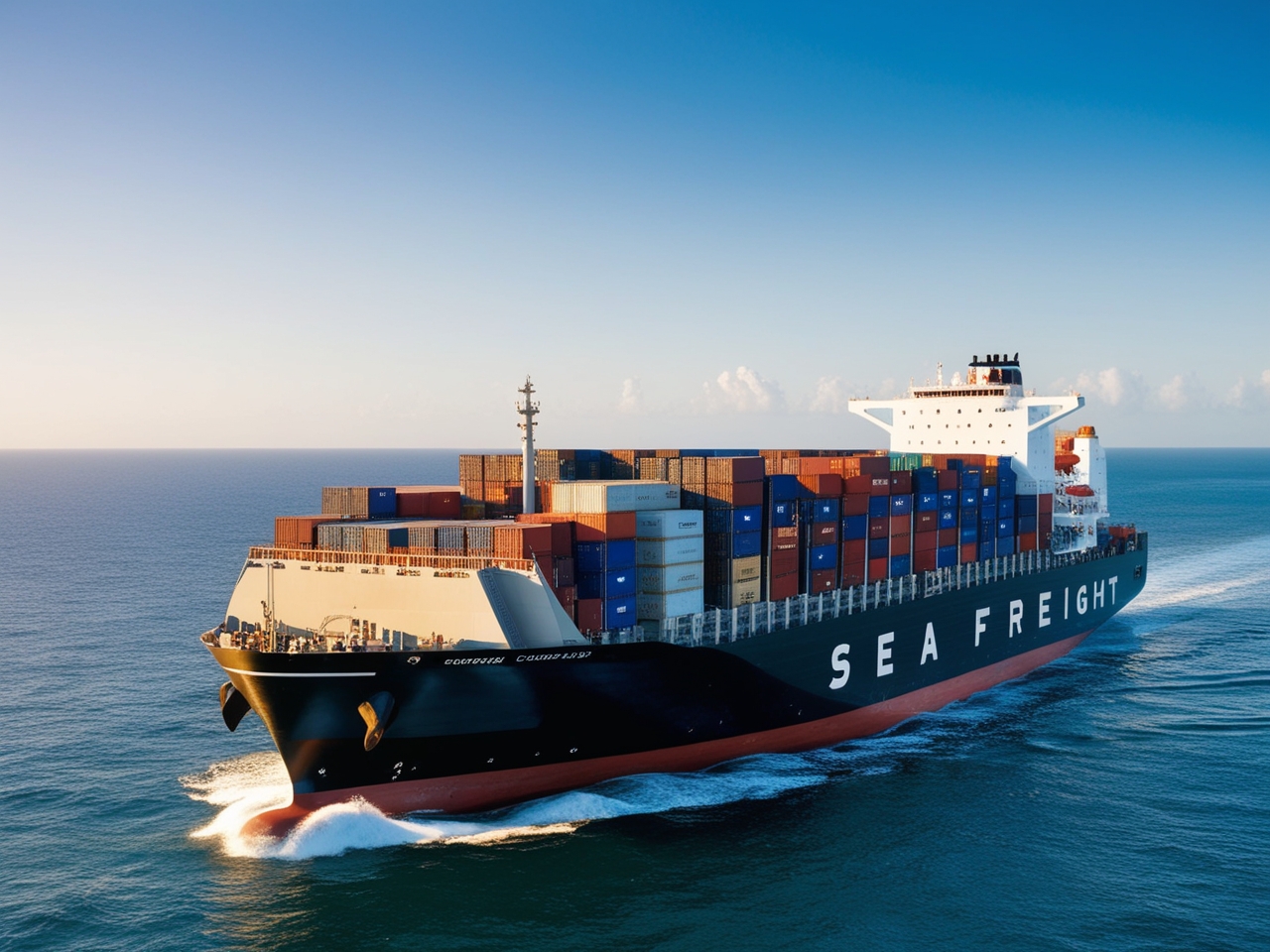
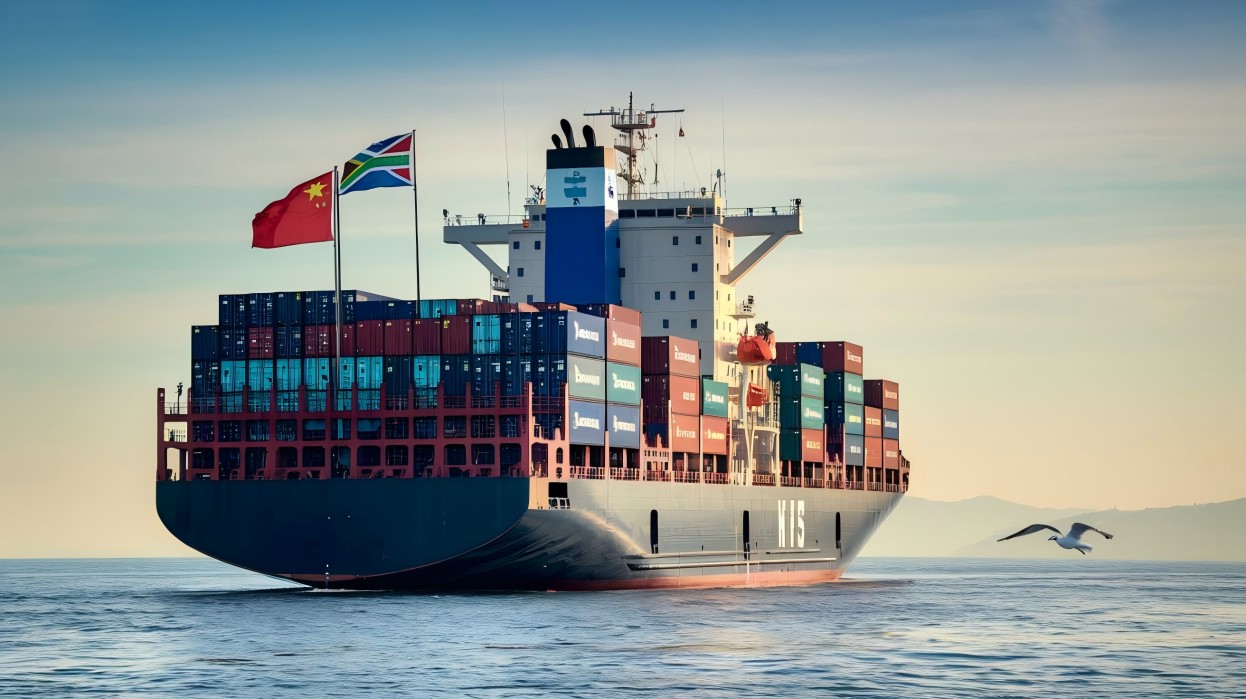

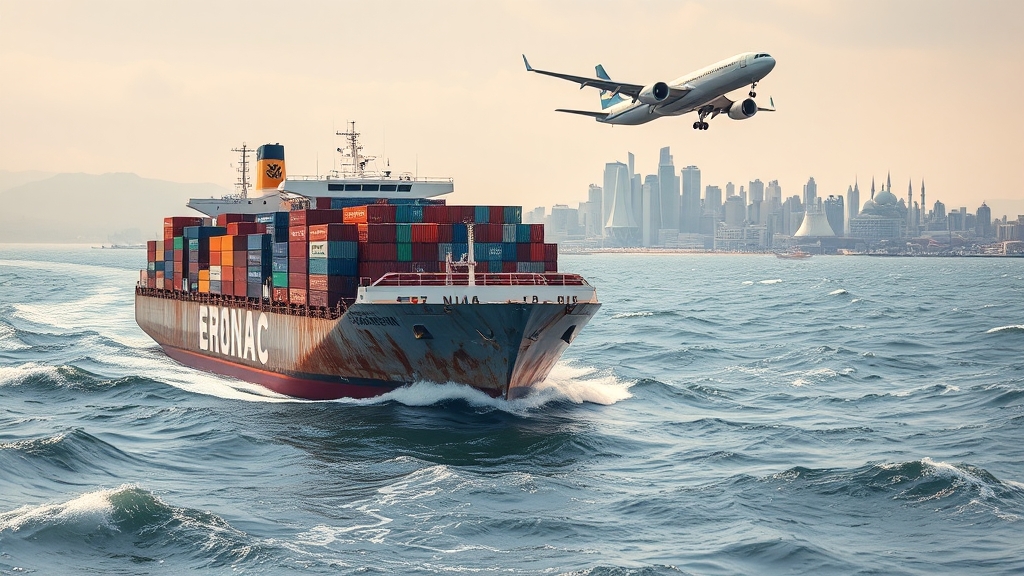
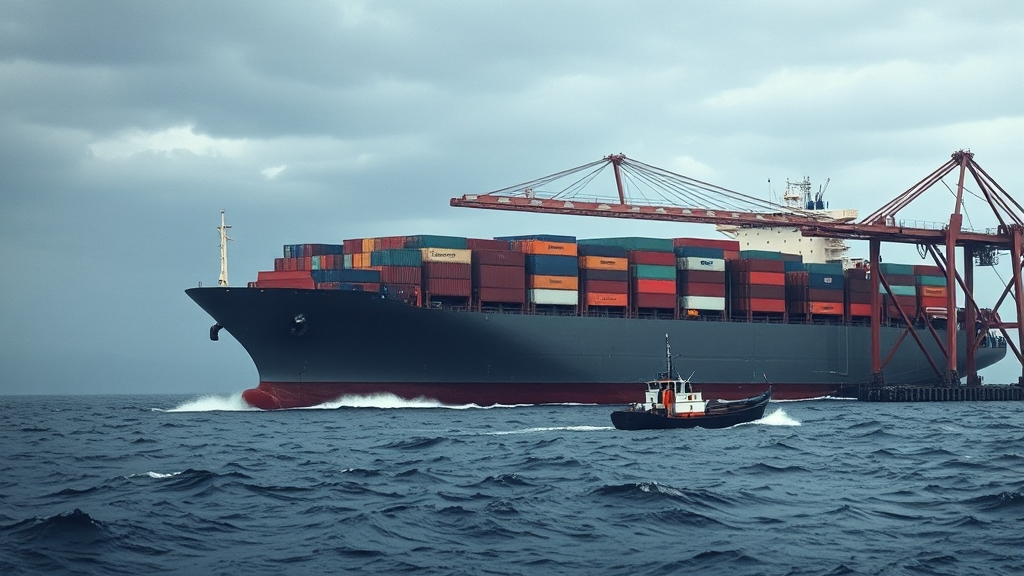





 Afrikaans
Afrikaans Shqip
Shqip አማርኛ
አማርኛ العربية
العربية Հայերեն
Հայերեն Azərbaycan dili
Azərbaycan dili Euskara
Euskara Беларуская мова
Беларуская мова বাংলা
বাংলা Bosanski
Bosanski Български
Български Català
Català Cebuano
Cebuano Chichewa
Chichewa 简体中文
简体中文 繁體中文
繁體中文 Corsu
Corsu Hrvatski
Hrvatski Čeština
Čeština Dansk
Dansk Nederlands
Nederlands English
English Esperanto
Esperanto Eesti
Eesti Filipino
Filipino Suomi
Suomi Français
Français Galego
Galego ქართული
ქართული Deutsch
Deutsch Ελληνικά
Ελληνικά Kreyol ayisyen
Kreyol ayisyen Harshen Hausa
Harshen Hausa Ōlelo Hawaiʻi
Ōlelo Hawaiʻi עִבְרִית
עִבְרִית हिन्दी
हिन्दी Hmong
Hmong Magyar
Magyar Íslenska
Íslenska Igbo
Igbo Bahasa Indonesia
Bahasa Indonesia Gaeilge
Gaeilge Italiano
Italiano 日本語
日本語 Basa Jawa
Basa Jawa ಕನ್ನಡ
ಕನ್ನಡ Қазақ тілі
Қазақ тілі ភាសាខ្មែរ
ភាសាខ្មែរ 한국어
한국어 كوردی
كوردی Кыргызча
Кыргызча ພາສາລາວ
ພາສາລາວ Latin
Latin Latviešu valoda
Latviešu valoda Lietuvių kalba
Lietuvių kalba Lëtzebuergesch
Lëtzebuergesch Македонски јазик
Македонски јазик Malagasy
Malagasy Bahasa Melayu
Bahasa Melayu മലയാളം
മലയാളം Maltese
Maltese Te Reo Māori
Te Reo Māori मराठी
मराठी Монгол
Монгол ဗမာစာ
ဗမာစာ नेपाली
नेपाली Norsk bokmål
Norsk bokmål پښتو
پښتو فارسی
فارسی Polski
Polski Português
Português ਪੰਜਾਬੀ
ਪੰਜਾਬੀ Română
Română Русский
Русский Samoan
Samoan Gàidhlig
Gàidhlig Српски језик
Српски језик Sesotho
Sesotho Shona
Shona سنڌي
سنڌي සිංහල
සිංහල Slovenčina
Slovenčina Slovenščina
Slovenščina Afsoomaali
Afsoomaali Español
Español Basa Sunda
Basa Sunda Kiswahili
Kiswahili Svenska
Svenska Тоҷикӣ
Тоҷикӣ தமிழ்
தமிழ் తెలుగు
తెలుగు ไทย
ไทย Türkçe
Türkçe Українська
Українська اردو
اردو O‘zbekcha
O‘zbekcha Tiếng Việt
Tiếng Việt Cymraeg
Cymraeg יידיש
יידיש Yorùbá
Yorùbá Zulu
Zulu